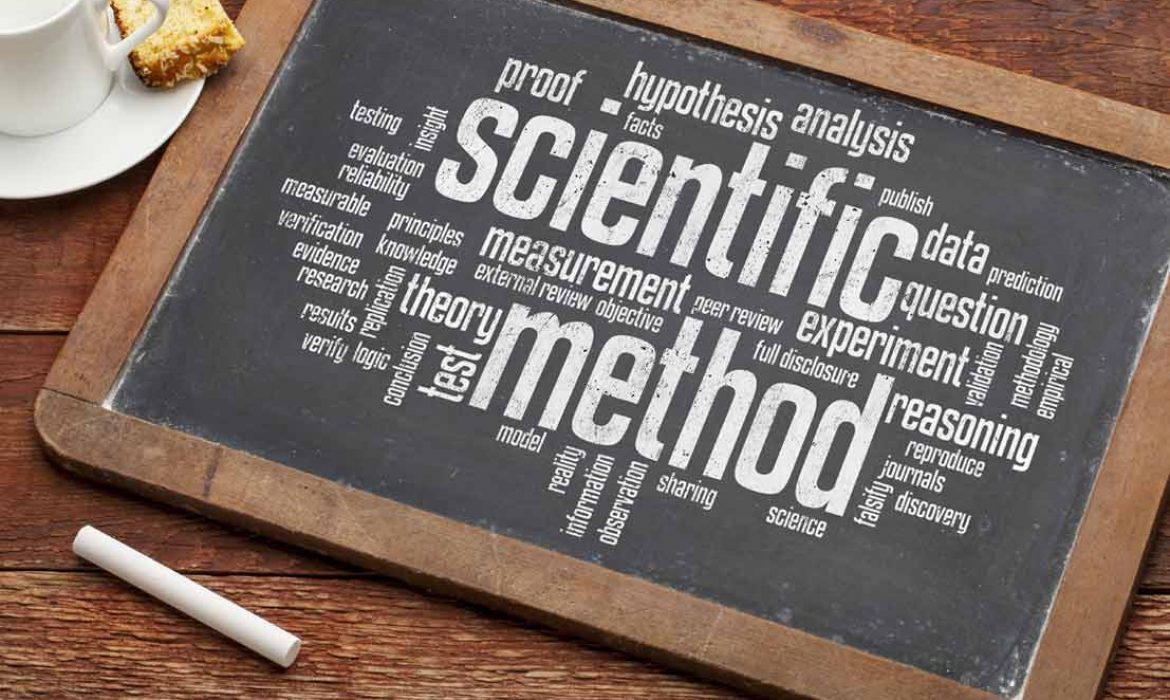Laws of Imagination
Our quest to find the Science of Imagination begins by examining a working hypothesis that there are Ten Laws of Imagination. “What?” You may say. Imagination has laws?
It is a working hypothesis, and like any scientific exploration, there must be a method for discovery. I propose to use the Scientific Method to discover the Science of Imagination.
Now, I am no scientist, nor do I claim to be the most imaginative person I know, but I can formulate questions, research, observe, and construct a theory to test and analyze. Hopefully, with your help, we can conclude that there is a science to the imagination.
Question: Are there laws to the imagination? In other words, does imagination have common characteristics every time it is used and observed? Perhaps defining these characteristics can more undoubtedly help us to identify imagination better. If correct, these laws can be applied to tests to see their validity.
From many years of working in the creative industry, and being considered a “Creative” myself in the workplace, I have observed common characteristics of imagination that occur during the conceptual stage of projects. These characteristics seem to appear in the creative process and seem to be consistent in each event when imagination is present. In broad terms, I believe there are Ten Laws of Imagination. When understood, these laws can be exercised to increase your imagination and applied to any task.
These Ten Laws of Imagination are:
- Imagination is play
- Imagination has a purpose (Despite popular belief, everyone has it – Even you!)
- Imagination is spirit lead and has flow
- Imagination must be nurtured to use it
- Imagination is positive, not negative
- Imagination is not creativity
- Imagination must be accepted
- Imagination is timely and opportune
- Imagination has a physicality
- Imagination is not to be feared
Moving forward, we will begin to explore each law within the Science of Imagination to see if my working hypothesis applies. The various Laws of Imagination will be used to tag each blog entry and to allow observations to flow as they appear to me in time. This ongoing experiment should be an exciting one, and I invite you to make your views and positive contributions to the discussion by commenting below.
What do you think? Is there a Science of Imagination? If so, can the Scientific Method be applied? Does imagination have qualities, like laws, that can shift the definition of imagination from the subjective to the objective? Can conclusions be made, and these theories used to help our daily lives?
If you are as intrigued as I am, then read on as we examine the elusive realm of the imagination.







